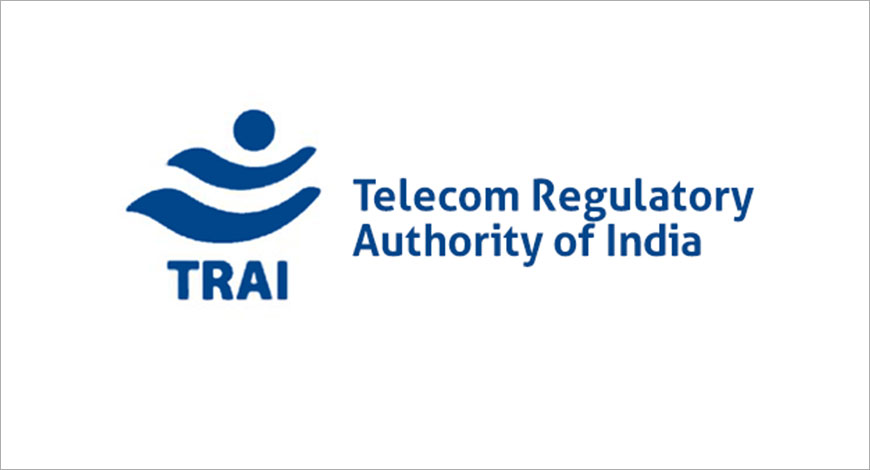TRAI
Why in News:
TRAI Announces Statutory Body To Regulate AI Use Cases
Important Points:
Following repeated discussions on the needs to regulate artificial intelligence (AI), the Telecom Regulatory Authority of India (TRAI) has released recommendations titled ‘Leveraging Artificial Intelligence (AI) and Big Data in Telecommunication Sector’.
The advisory states that the regulatory framework should ensure that certain AI use cases that directly affect individuals are taken under a risk-based framework.
Highlights of report:
Opportunities in the adoption of AI and Big data in telecom sector:
Potential to improve efficiency, productivity and automation.
Expected to enhance network speed, capacity and latency by providing actionable insights.
Offers intelligent automated systems in designing, deployment, maintenance and managing network complexities including proactively securing the network.
Constraints:
Policy and regulatory challenges due to absence of a Data Protection Bill in India.
Limited AI expertise and knowledge, access to quality data and AI specific infrastructure.
Limited access to data, inadequate computing infrastructure, and limited R&D efforts.
Interoperability and compatibility among different AI systems and data sources.
Lack of industry-wide standards hampers the exchange of information.
Recommendations:
Regulatory framework should comprise an independent statutory authority, a Multi-Stakeholder Body (MSB) that will act as an advisory body to the proposed statutory authority, and Categorizations of the AI use cases based on their risk and regulating them according to broad principles of Responsible AI.
The AIDAI should frame regulations on various aspects of AI, including its responsible use. Defining principles of responsible AI and their applicability to AI use cases based on risk assessment.
AIDAI should evolve the framework based on its assessment, advice of proposed MSB, global best practices, and public consultation.
The body should also ensure that responsible AI principles are applicable at each phase of the AI framework lifecycle. They should develop a model Ai Governance Framework to guide organizations on responsibly deploying AI.
The other functions of the body will be to set up regulatory sandboxes for testing AI-based solutions collaborating with standard-setting bodies of various sectors, collaborating with international regulators, providing a platform for industry and academic collaboration, and creating awareness of the responsible use of AI.




.jpg)


.jpg)
.jpg)





